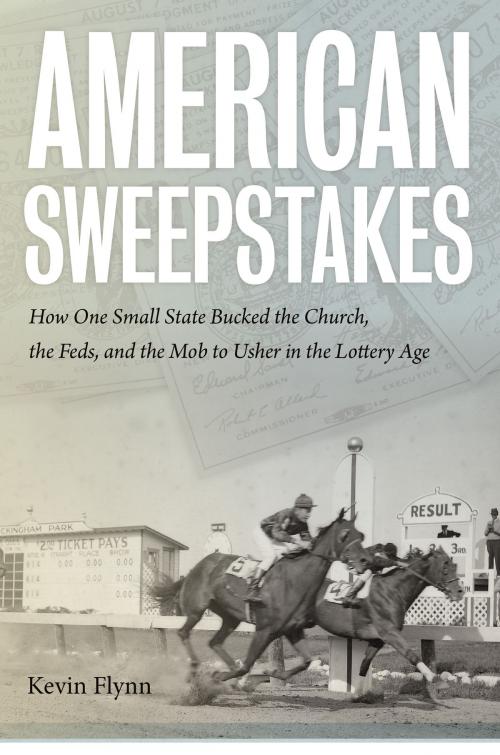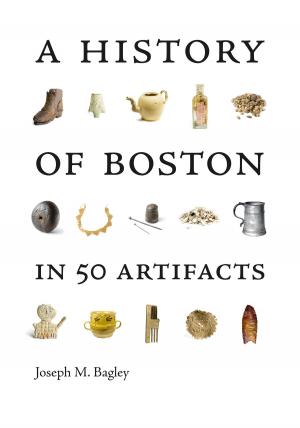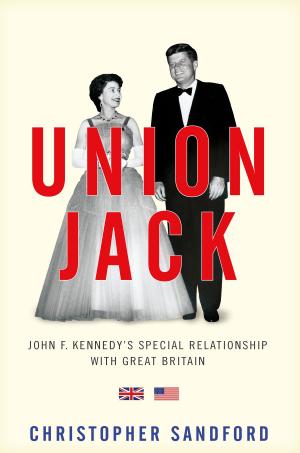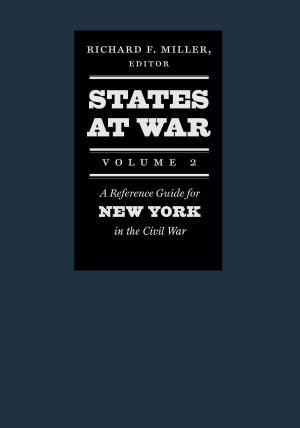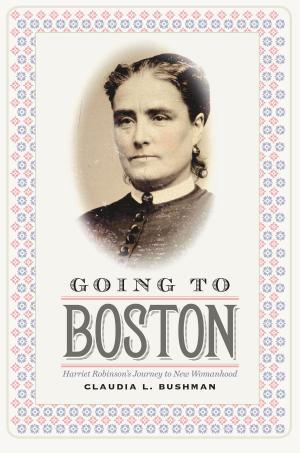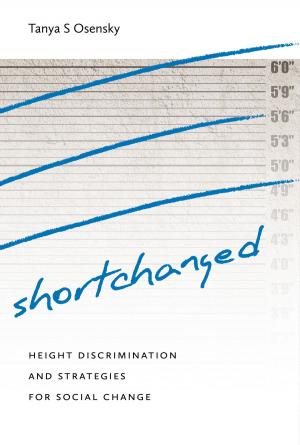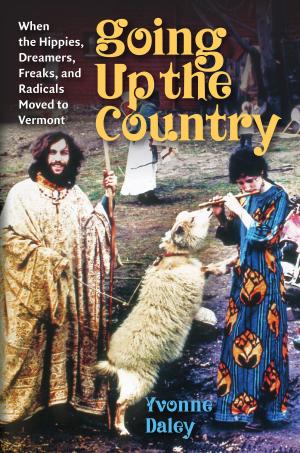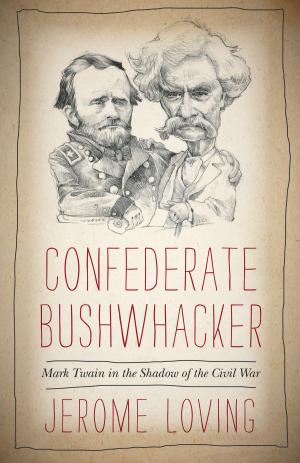American Sweepstakes
How One Small State Bucked the Church, the Feds, and the Mob to Usher in the Lottery Age
Nonfiction, Entertainment, Games, Gambling, Lotteries, History, Americas, United States, 20th Century| Author: | Kevin Flynn | ISBN: | 9781611688269 |
| Publisher: | University Press of New England | Publication: | October 13, 2015 |
| Imprint: | ForeEdge | Language: | English |
| Author: | Kevin Flynn |
| ISBN: | 9781611688269 |
| Publisher: | University Press of New England |
| Publication: | October 13, 2015 |
| Imprint: | ForeEdge |
| Language: | English |
By 1963 public lotteries—a time-honored if tarnished method of raising revenue for everything from the Roman roads to Washington’s Continental Army—had been outlawed in the United States for seventy years. The only legal gambling in America was found in Nevada, where mob involvement had at first been an open secret, and then revealed as no secret at all. In New Hampshire—a conservative, rural state with no sales tax and persistent problems with funding education—state legislator Larry Pickett had filed a bill to establish a lottery in every legislative session since 1953. To the surprise of many, it won passage a decade later and was signed into law by John King, the state’s first Democratic governor in forty years. American Sweepstakes describes how King assembled an unlikely group of supporters—including a celebrated FBI agent and the staunchly conservative publisher of the state’s leading newspaper—to establish the first state lottery in the nation, paving the way for what is today a $78 billion enterprise. Despite the remonstrations of the Catholic Church, the threat of arrest by the federal government, the strident denunciations of nearly every newspaper editorialist in the country, and the very real fear that the lottery would be co-opted by the mob, eleven thoroughbred racehorses leapt from the gate on September 12, 1964, in the first New Hampshire Sweepstakes, ushering in the lottery age in America.
By 1963 public lotteries—a time-honored if tarnished method of raising revenue for everything from the Roman roads to Washington’s Continental Army—had been outlawed in the United States for seventy years. The only legal gambling in America was found in Nevada, where mob involvement had at first been an open secret, and then revealed as no secret at all. In New Hampshire—a conservative, rural state with no sales tax and persistent problems with funding education—state legislator Larry Pickett had filed a bill to establish a lottery in every legislative session since 1953. To the surprise of many, it won passage a decade later and was signed into law by John King, the state’s first Democratic governor in forty years. American Sweepstakes describes how King assembled an unlikely group of supporters—including a celebrated FBI agent and the staunchly conservative publisher of the state’s leading newspaper—to establish the first state lottery in the nation, paving the way for what is today a $78 billion enterprise. Despite the remonstrations of the Catholic Church, the threat of arrest by the federal government, the strident denunciations of nearly every newspaper editorialist in the country, and the very real fear that the lottery would be co-opted by the mob, eleven thoroughbred racehorses leapt from the gate on September 12, 1964, in the first New Hampshire Sweepstakes, ushering in the lottery age in America.
